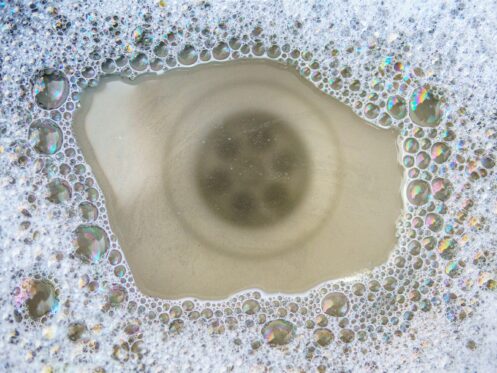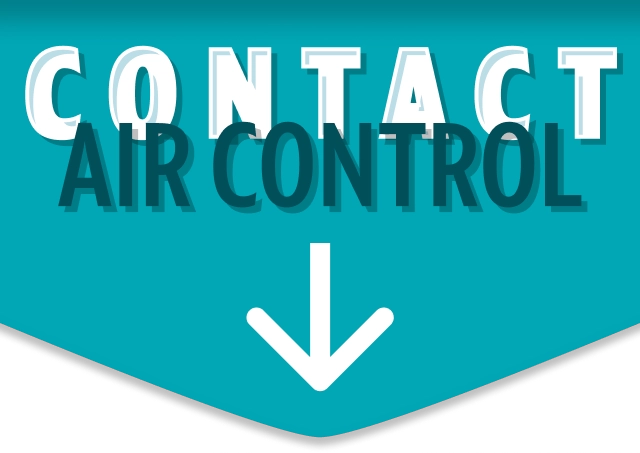Living in Lake Havasu City means warm weather and busy households that rely on well-running plumbing. Nothing throws off your day quite like a clogged kitchen sink or a backed-up bathroom drain. Slow drains can lead to foul odors, water damage, costly repairs, and even health hazards if left unattended.
Preventing clogs in your kitchen and bathroom drains is simple when you understand how they happen and what habits to change. To learn what to do and keep your drains flowing, read this kitchen and bathroom plumbing guide.
Why Kitchen and Bathroom Drains Clog
Lake Havasu City’s desert climate and hard water present unique challenges to your plumbing system. Hard water leaves mineral deposits that build up inside pipes, narrowing the passage and making it easier for soap scum, grease, and hair to get stuck. Plus, a busy household means your sinks, showers, and garbage disposals are constantly in use.
In kitchens, food scraps, cooking oil, and grease are the top culprits. Even if you have a garbage disposal, pouring grease or starchy foods down the drain can lead to buildup. In bathrooms, hair, soap residue, and products like wipes or cotton swabs can block pipes. With the right preventive habits, you can stop these materials from causing blockages and protect your pipes from unnecessary strain.
1. Be Careful What Goes Down Your Kitchen Sink
Your kitchen sink is one of the busiest drains in your home. Many clogs start when grease or leftover food goes down the drain instead of into the trash. When cooking, pour grease and cooking oil into a heat-safe container to cool and solidify. Once it’s solid, throw it in the trash. Hot grease from food should never go down the drain. Even small amounts of oil can cling to your pipes and catch other debris.
Scrape food scraps into the trash or compost bin before rinsing dishes. Use a sink strainer to catch stray bits of food that might slip down the drain while washing dishes. If you have a garbage disposal, remember that it cannot handle large quantities of food waste. Avoid putting fibrous foods like celery, potato peels, or pasta down the disposal. Run cold water while the disposal is on to help wash small particles through the pipes.
2. Keep Bathroom Drains Clear of Hair and Soap Scum
Bathroom sinks, showers, and tubs act as magnets for hair and soap buildup. This gunk clings to pipe walls and eventually slows drainage in your system. Install inexpensive mesh drain screens in your shower or bathtub to catch hair before it goes down the drain. Clean the screens regularly to keep water flowing freely.
In the sink, avoid rinsing dental floss, cotton swabs, or makeup wipes down the drain. These items don’t break down easily and can create stubborn blockages. Rinse your system’s pipes with hot water once a week to help melt away soap residue before it hardens. If you notice a slow drain in your shower or sink, don’t wait. Contact us at Air Control Home Services before it becomes a complete clog.
3. Use Natural Cleaning Options
While harsh chemical drain cleaners are tempting to use because they tend to work quickly, they can damage your pipes with repeated use. This is especially true if you have older plumbing, which is common in some Lake Havasu City homes.
Instead, use natural methods to keep drains clear. Once a month, flush your drains with hot water, baking soda, and vinegar. This combo helps break down minor buildup and neutralize odors. Put half of a cup of baking soda into the drain with the clog, followed by a cup of white vinegar. Let the mixture sit in the drain for a few minutes, allowing it to fizz, then flush it down with hot water.
4. Prevent Hard Water Buildup
Hard water leaves mineral deposits inside pipes and fixtures, which makes blockages more likely. Installing a whole-home water softener helps to reduce mineral buildup, keeping your drains clear and extending the lifespan of your appliances.
If a water softener isn’t in your budget right at the moment, be extra vigilant about routine maintenance. Descale your faucets and showerheads to prevent limescale from flaking off and washing down the drain. Continue using drain screens and strainers to prevent hair and mineral debris from going down the drain and sticking to rough pipe walls.
5. Get Regular Drain Inspections
Even with the best habits, buildup can happen over time. Scheduling a drain cleaning every year or two helps prevent bigger problems down the line. During an inspection, our team can check for hidden blockages, tree root intrusions, or early signs of corrosion. A professional drain cleaning removes stubborn buildup that hot water and natural cleaners can’t reach, assuring you that your drains will continue to flow freely.
If there is a stubborn clog in your system, our team will also do a video camera inspection of your system. This will allow our team to get a clear view of your pipes without digging or guessing. If you’ve experienced repeated clogs or slow drains, a video inspection can pinpoint exactly what’s causing the issue.
6. Be Mindful of What Goes Down the Toilet
Toilets are not trash cans, but many clogs in bathroom plumbing start there. Even though packaging might say flushable, items like wipes, cotton balls, paper towels, and feminine hygiene products don’t break down like toilet paper. Since they don’t break down as easily, they easily catch on the walls of your pipes and cause major blockages over time.
Encourage everyone in your household to flush only toilet paper and waste. Keep a small trash bin nearby for all other items. If you experience frequent toilet clogs, you might have buildup further down the plumbing line.
7. Watch for Early Warning Signs of a Backup
One of the best ways to prevent serious drain clogs is to act early when you notice something isn’t right. Don’t ignore slow drainage, bubbling sounds, or occasional backups because these are signs that buildup is already forming inside your pipes. Catching a developing issue early gives you the chance to address it before it becomes a complete blockage or pipe damage.
Make it a habit to monitor how your sinks, tubs, and toilets drain. If one area starts to behave differently than it normally would, call our team for a quick inspection. A minor fix now can prevent a costly emergency later.
Contact a Reliable Plumber Today
Keeping your kitchen and bathroom drains clear doesn’t require fancy gadgets or harsh chemicals. By being mindful of what goes down the drains in your home, using screens to catch debris, and scheduling regular drain inspections, you can avoid frustrating backups and protect your plumbing system for years to come.
If you’ve noticed frequent slow drains, unpleasant smells, or a clog you just can’t fix on your own, contact us at Air Control Home Services to schedule a consultation with one of our plumbers today!






